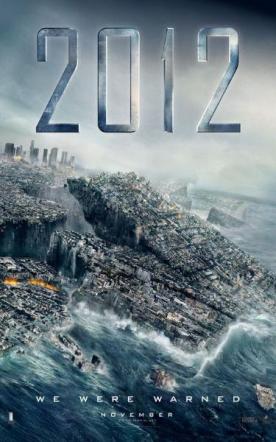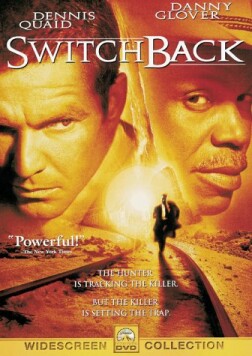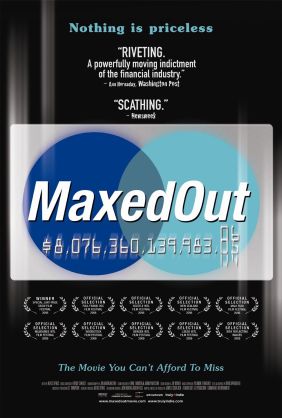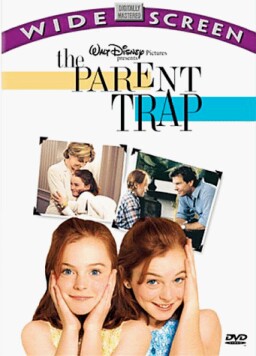2012
Not, I hope, to seem too much devoted to my one of my pop-cultural hobbyhorses, but the attraction of apocalypse movies to a mass audience seems to me to be essentially the same as the attraction of superhero movies. Both, that is, are forms of power fantasy designed to appeal to the younger — and, increasingly, older — adolescents for whom Hollywood movies are now made by satisfying the urge to be rid both of their feelings of weakness in relation to the adult world and their sense of helplessness under the crushing burden of the past. In Roland Emmerich’s 2012 the frisson of excitement as we watch the collapse and utter destruction of the Washington Monument, the Vatican, the White House and (as you will have seen on the posters) the Art Deco Cristo Redentor that overlooks Rio de Janeiro cannot be unrelated to a general sense of relief at seeing the symbols of Western civilization at last deprived by raw nature of their power to intimidate.
If the monuments of other cultures than our own may be supposed to suffer a similar fate in the global cataclysm the German-born Mr Emmerich so enjoys imagining, we don’t get to see them going down. But, then, Arab or Chinese or African youths presumably wouldn’t feel quite the same liberating effect that our own do on seeing the glories of the past washed away by gigantic tsunamis. Mr Emmerich has exploited this vision of hobbledehoy heaven before in movies like Independence Day and The Day After Tomorrow, so he has plenty of experience with the formulae for cinematic apocalypse. He just has to put together the destruction of all that history-book bunk with some conspiracy theory and a few isolated nerds with an interest in non-Christian prophecy who know the truth but are regarded as crazy by the rest of the world. “We Were Warned” is the movie’s tagline — though I don’t remember being warned of this.
The final element of the formula is an incongruous sentimentality about a broken family’s being drawn together again by their efforts to escape the general doom. John Cusack plays Jackson Curtis, or possibly Curtis Jackson, author of a widely disregarded book about Atlantis that in some vague way may or may not be among the alleged warnings. Jackson is a divorced dad whose efforts to rescue his two young children (Liam James and Morgan Lily) from the fate of 99 per cent of the earth’s population generously takes in both his ex-wife (Amanda Peet) and her new husband (Tom McCarthy), the chances of whose sudden removal from the scene are obviously excellent. The result caters to the childish wish to be free and powerful at the same time that one is contained and nurtured. And the boy also gets to help dad save a fifth of the post-Apocalyptic world’s population by being disobedient. No wonder 2012 did $65 million of business on its opening weekend, a preponderance of that immense sum having come from those whose discretionary income comes in the form of an allowance.
The formula is also meant to remind those who like to be thought of as “media savvy” that this is, like so many others these days, essentially a movie about movies — which is why it comes as no surprise when we are told that its geological Armageddon is “going to start in Hollywood.” This is one of many little in-jokes — like having an Arnold Schwarzenegger lookalike on TV reassuring the people of California that all is under control as the hero says: “The guy’s an actor; he’s reading from a script.” Who cares that Governor Schwarzenegger will be out of office in 2012? This kind of thing also helps to remind us of the formula, since we know that, in the movies, conspiracy-theorists are as often right as they are often wrong in real life. Where would we be without such classic lines of the genre as this: “All our scientific advances, all our modern machines, but the Mayans saw this coming thousands of years ago.”
Likewise, Oliver Platt’s de facto political leader of the small remnant of Americans — after Danny Glover’s saintly President goes willingly to share the fate of the rest of his people — muses wonderingly: “The nut bags with their cardboard signs had it right all along” That’s the classic paradigm of the Hollywood holocaust and a necessary precondition for making a hero of the high school nerd, now a grown up but girlfriendless geologist, Adrian (Chiwetel Ejiofor). No prizes for guessing the purpose of Thandie Newton as the daughter of the martyred president, now that, in spite of Adrian’s warnings, almost the whole world has been wiped out. The clichés of situation and dialogue help to reinforce our sense that the allegedly spectacular computer-generated imagery of collapsing skyscrapers, bucking and heaving mountain ranges or the Pacific Plate’s cracking loose along the San Andreas fault and tipping into the ocean like a cascade of giant ice cubes are by now clichés as well. The latter may not have been portrayed before, but the technology of the kid-movie made it inevitable that it would be sooner or later.
This movie’s politics are adolescent too, though of course that’s no liability these days, given that our national politics are also dominated by fantasy. The oriental wisdom of the Chinese grandma who agrees to take on the party containing our heroes when they are stranded in the Himalayas about sums it up: “We are all children of the Earth. We will take them all” This prefigures the same decision, after the urgings of hero Adrian on the TV monitor in his Chinese-built ark. “The moment when we stop fighting for each other, that’s when we lose our humanity,” he says. “Everybody out there has died in vain if we start our future with an act of cruelty.” Remind you of anything? Of course, everyone advises that opening the gates of the ark to the locals who are understandably unhappy to have been excluded will lead to disaster but, equally of course, it doesn’t. As in Obamaland, it seems, politics never presents us with any hard choices. Being nice and kind and moral and unselfish comes without any cost — at least to our heroes.
For what it’s worth, parents ought to be aware that allowing their children to attend the latest propaganda effort on behalf of such fashionable one-worldism will also expose them to a certain amount of — mostly implicit — anti-Americanism. The collapse of the Washington Monument, along with so much else, doesn’t come untinged with malice. It’s also interesting that the land of “can-do” only a generation or so ago is now more like the “pitiful helpless giant” of Richard Nixon’s nightmare. When the remnant of humanity — and a Noah’s ark sampling of animals — has to be herded into movie’s own, apocalypse-proof arks, it’s Chinese engineering, not American which proves equal to the task. “Leave it to the Chinese,” says somebody. “I didn’t think we could do it in the time available.” That sounds to me like a self-fulfilling prophecy. For a start, all our best technical talent has given up working on military hardware and is now concentrating on computer-generated imagery.
Discover more from James Bowman
Subscribe to get the latest posts to your email.








